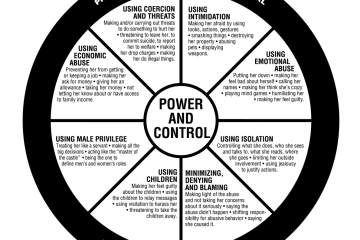The Importance of Promise David in Mental Health Awareness

Introduction: The Growing Importance of Mental Health Advocacy
In recent years, mental health has transitioned from a taboo topic to an urgent public health priority, with advocates calling for increased awareness and resources. The movement is gaining momentum through initiatives like Promise David, a campaign focused on empowering individuals to seek help and support for mental well-being. Understanding the significance of these efforts is crucial as we strive to create a more supportive society.
The Promise David Campaign
Launched in 2023, the Promise David initiative is a collaboration between mental health organizations and community leaders aiming to address mental health issues, particularly among young people. Named after David, a local youth who tragically lost his battle with depression, the campaign hopes to honour his memory by fostering a culture of openness and resilience when it comes to mental health.
The campaign incorporates various strategies, including educational workshops in schools, public awareness advertisements, and the establishment of support networks for vulnerable individuals. Key figures in the mental health sector have endorsed Promise David, highlighting its potential to change lives and reduce stigma surrounding mental health challenges.
Recent Developments and Community Engagement
Since its inception, Promise David has garnered significant engagement from the community. Events such as the annual Promise David Walk, which gathered over 5,000 participants in 2023, aim to raise funds for mental health programmes and encourage individuals to share their experiences surrounding mental health issues.
Moreover, collaboration with local businesses has led to the formation of ‘Buddy Benches’ in schools, places where students can connect and support one another regarding mental health. This community-centric approach has contributed to creating safe spaces where dialogues can initiate around mental struggles.
Significance and Conclusion
The Promise David campaign illustrates a vital shift towards understanding and addressing mental health; by fostering open conversations, it seeks to dismantle barriers that may prevent individuals from seeking help. As more communities engage with initiatives like Promise David, there is hope for increased awareness and a collective understanding that mental health is just as critical as physical health.
The future of such campaigns appears promising, with plans for expansion into surrounding communities and partnerships with national mental health organizations. For readers, the crucial takeaway is the recognition that mental health is a shared responsibility, and the more we talk about it, the stronger our support networks will become, ultimately saving lives.









